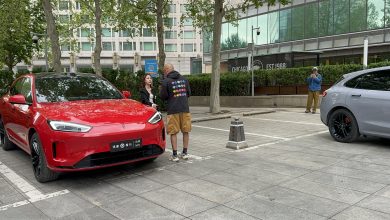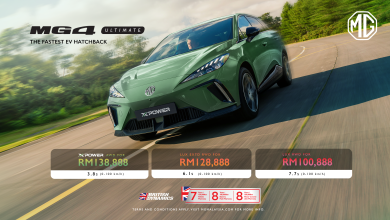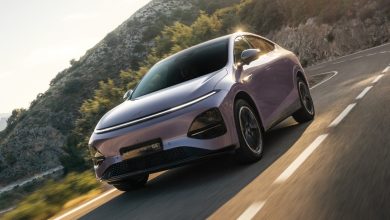Nissan Leaf This March 2023 Is Just The First Nissan EV
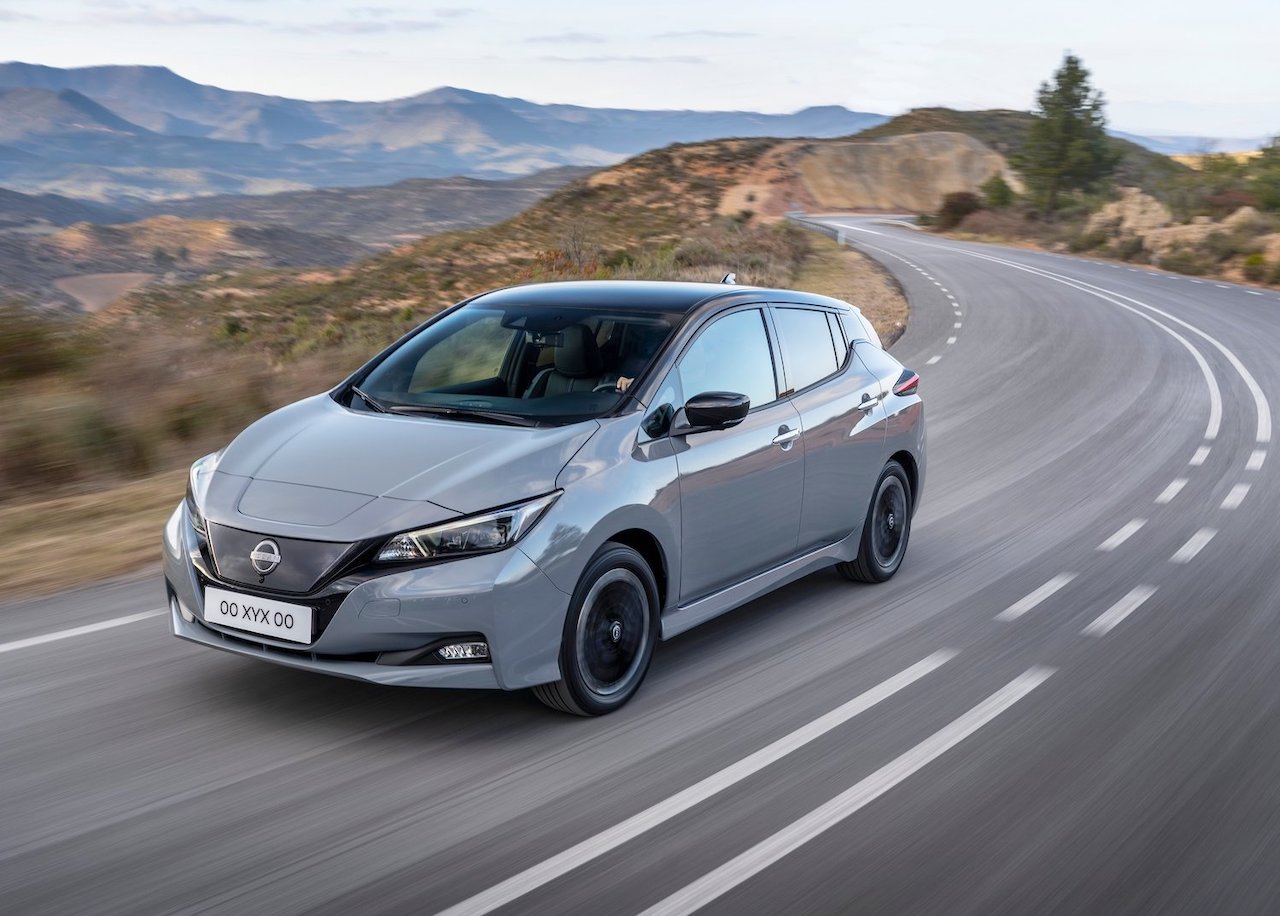
There will be more Nissan electric and hybrid vehicles arriving in coming months.
Global car manufacturers from Nissan to Renault are looking for ways to meet China’s emission-reduction requirements. This is why established car manufacturer Nissan aims to raise annual deliveries year on year.
About 18 months ago, Nissan unveiled its electrification roadmap, now, in February 2023 Nissan has ramped up its electric-car plans, confirming it will launch an additional four new electric vehicles this decade.
Actually, in total, there will be 19 new electric cars from Nissan and its luxury brand Infiniti, as well as eight new hybrid models for the global market..
Nissan management says that there will be hybrid and electric cars across the two portfolios are now expected to account for more than 55 percent of sales globally, which is up from 50 percent when shared in late 2021.
At the time, the company said it was planning 23 electrified vehicles and 15 of them will be solely battery-powered.
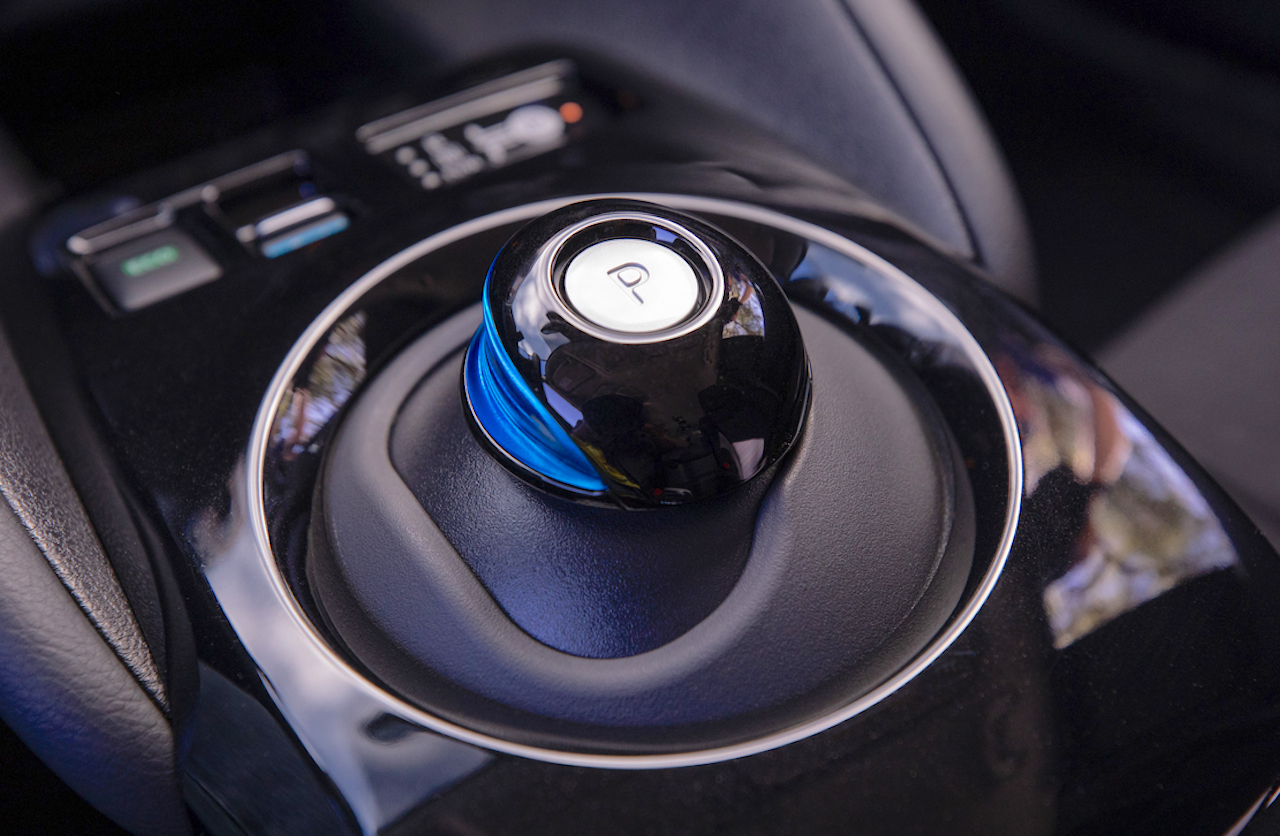
Nissan forecasts 98 percent of its new models sold in Europe will be electrified by 2026, while it expects 58 percent of Japanese car buyers to purchase hybrid or electric vehicles.
Interestingly, the company has reduced its expectations for the Chinese market, forecasting 35 percent of sales will be from its electrified range, which is down from the estimate of 40 percent given in late 2021.
Meanwhile, in Europe, the best-selling EV body style is the hatchback at a massive 79 percent, and this is led by the Nissan Leaf and followed closely by the Renault Zoe.
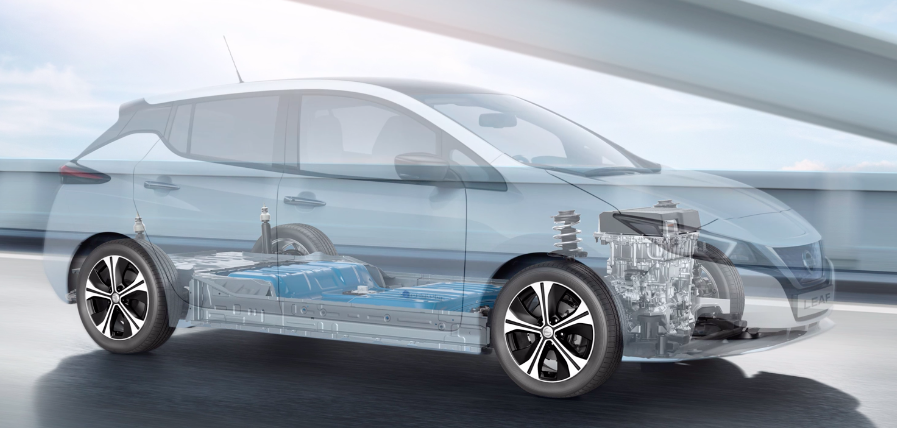
This is a Japanese carmaker that aims to raise its annual deliveries by 1.2 million units by the end of 2032, with much of the growth coming from electrified models. It starts with the all new Ariya. Yes, Nissan has had global success with the LEAF electric car, but it will be the Ariya all electric Crossover that will be an even bigger success.
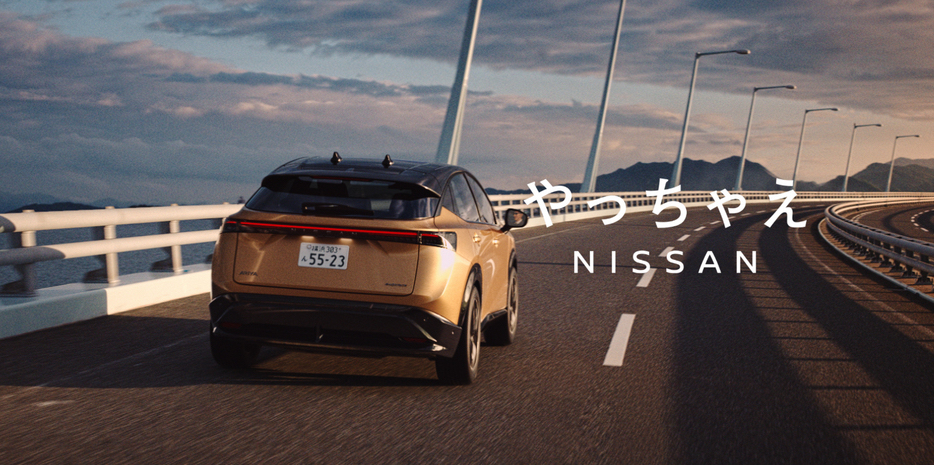
Nissan has invested an estimated 3 trillion yen (USD26 billion) in the 10 years until fiscal 2020, Nissan aims to increase this over the next 10 years by more than 30 percent.
The spending will be used to ramp up battery production and develop new models. Nissan plans to roll out an additional 10 EV models by fiscal 2026, adding to its five EV model lineup that includes the Leaf EV.
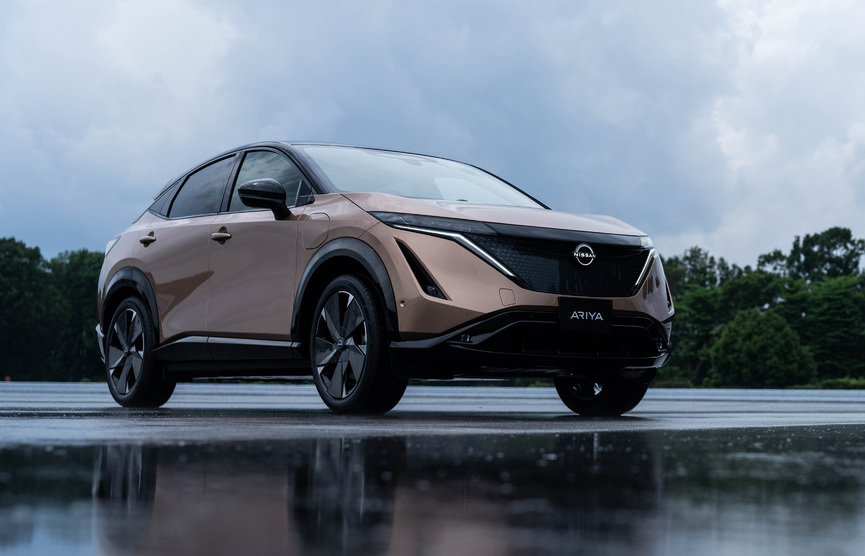
To lower the price of electric vehicles to the same level as petrol cars, Nissan will work with partners Renault and Mitsubishi Motors to procure batteries, which account for 30 percent to 40 percent of the total production cost for an EV.


